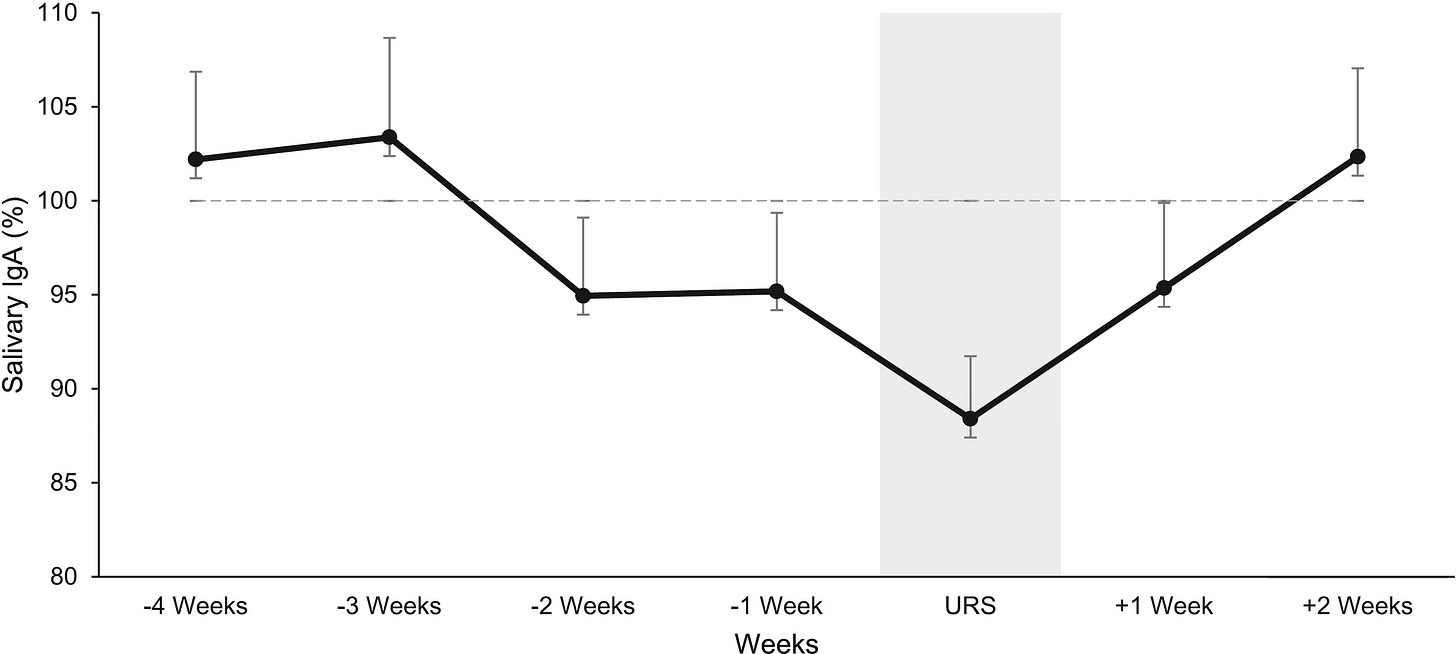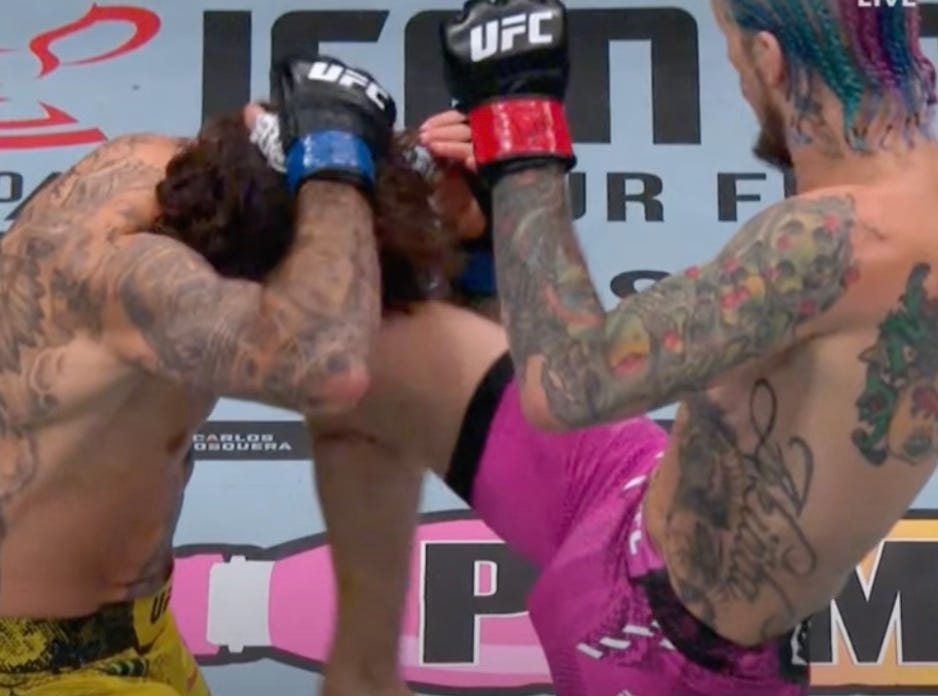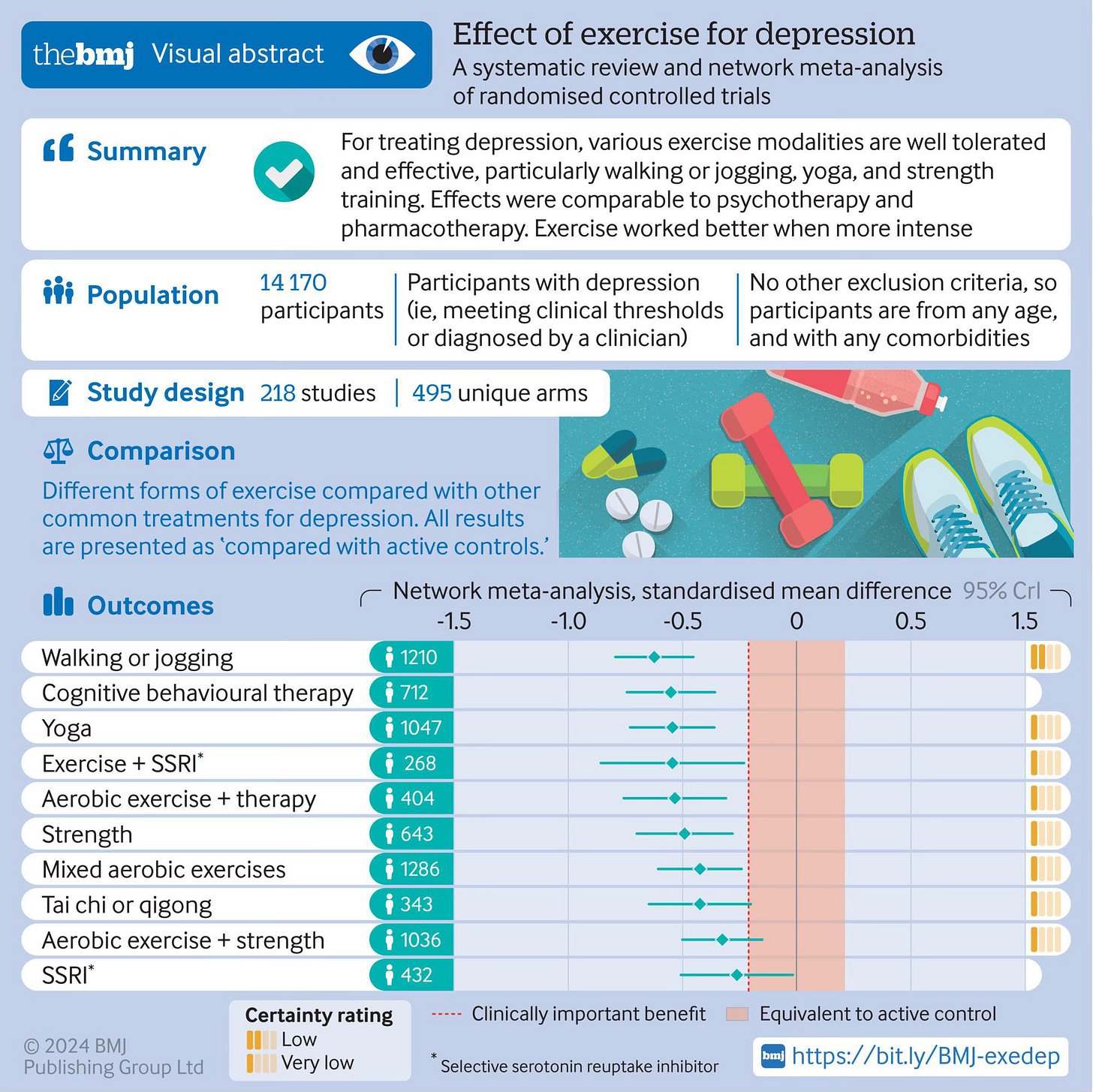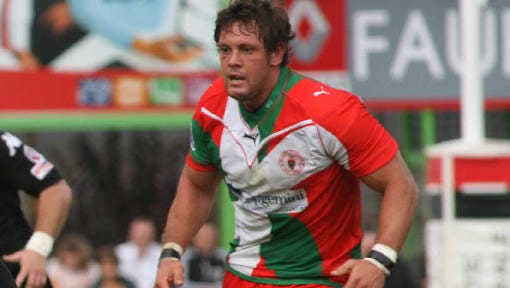WELCOME😊
The Athletic Performance Insider newsletter is published weekly and presents up-to-date research, exclusive interviews, practical tips, and the latest industry news and trends.
This week, Trevor Hall is interviewed. He explains his transition from a high-level professional rugby player to a counselling psychologist. Based on his background, it is unsurprising that many of his clients are athletes recovering from sports injuries. He has an online platform, Comeback, through which he offers many services.
This edition summarises new research on heat stress and muscle adaptations, coaches’ perceptions on spotting young swimmers' talent, and upper respiratory tract infections in swimmers. Each study has a practical application.
If you want the newsletter delivered to your mailbox every Tuesday, press the subscribe button.

RESEARCH🧐
Does heat assist with adaptation after strength training?
Fennel, Z. J., et al. Effect of heat stress on heat shock protein expression and hypertrophy-related signaling in the skeletal muscle of trained individuals. Am. J. Physiol.-Regul., Integr. Comp. Physiol. 325, R735–R749, 2023.
A paper discussed in the 27 February Athletic Performance Insider showed that applying cold water immersion immediately after resistance training sessions may hinder muscle growth. However, this paper investigates how acute whole-body heat stress affects muscle signalling and adaptation in trained individuals. The research involved examining whole-body and muscle thermoregulatory responses. The study utilised a specific heating protocol that involved whole-body heating to investigate the effects on skeletal muscle gene expression and temperature responses.
The heating protocol included 60 minutes of passive, seated heat exposure in an isolated environmental heat chamber maintained at 55-60°C and 20-30% relative humidity. The temperature is slightly lower than traditional saunas.
A significant finding of the study is that acute whole-body heat stress can increase heat shock protein expression and hypertrophy signalling (Akt-mTOR activation), which are crucial for muscle adaptation and growth. However, the study acknowledges limitations, including variations in the duration of experimental trials, and suggests that future research should involve larger cohorts and primary human cell lines to enhance understanding.
The practical application of these findings could be significant for athletes and individuals engaged in physical training. Understanding how heat stress impacts muscle adaptation can inform training regimens, potentially optimising performance and recovery by incorporating controlled heat stress exposure. This insight could lead to more effective training strategies that leverage the body's response to heat stress for improved muscular development and performance.
What are the key aspects that swimming coaches consider important while developing talent?
Panagiota Alexiou, et al., A Descriptive Study of Coaches' Perceptions Regarding Talent Identification and Development in Swimming, International Journal of Human Movement and Sports Sciences, Vol. 12, No. 2, 326 - 336, (2024).
This study explored swimming coaches' views on identifying and developing talented athletes. Conducted with 112 swim coaches from Greece and four other countries (England, Switzerland, France and Cyprus), the research utilised an anonymous online survey to gather data. The survey included questions on physiological, anthropometrical, morphological, technical, social, training/environmental, and psychological factors affecting talent identification and development (TID and TDE).
The study found that coaches consider various factors important for TID and TDE. The highest-ranking answers were the coaching environment (66%), family support (56%), buoyancy (46%), general health indicators (38%), body composition (34%), and the desire for training (26%). There was no significant bias based on gender expectations or societal norms. However, the study acknowledged limitations, such as the potential restriction of nuanced opinions due to the predominance of closed-ended questions.
These insights can guide swim coaches and stakeholders in refining talent identification programs. By understanding coaches' perceptions, more effective methodologies for talent development can be implemented, enhancing athletes' overall quality and success in competitive swimming.
Can the risk of upper respiratory tract infections be monitored?
Baker, L. H., Desai, T., Green, M. & Wells, A. V. Immunosurveillance associated with upper respiratory symptoms in elite swimmers: The 8-month period leading into Commonwealth Games. J. Sci. Med. Sport 27, 143–148 (2024).
This study aimed to monitor mucosal immunity and identify potential risk factors for upper respiratory symptoms (URS) in elite swimmers over a competitive season. Conducted over eight months leading into the Commonwealth Games 2018, the research involved fourteen elite swimmers, tracking their mucosal immunity, Epstein–Barr virus status, training loads, and illness symptoms through weekly saliva samples and self-reported URS.
The results showed a significant increase in the incidence, severity, and duration of URS during periods of high training loads compared to low. Although 61% of swimmers had evidence of past Epstein–Barr virus infection, it was not related to URS outcomes. Notably, salivary immunoglobulin A (sIgA) concentration was 12% lower when URS were present, although this was not statistically significant.
The study highlights the importance of individual athlete monitoring to identify those at increased risk of illness. Practical applications suggest that coaches should consider reducing training loads for athletes frequently presenting URS to enhance performance and success. Monitoring sIgA and self-reported URS can be valuable tools to manage training and prevent illness.
TRIVIA🫣
During a fight, a knee to the face can have different outcomes for different fighters. While one fighter may be able to absorb the impact and remain standing, another may be knocked unconscious. To understand why these differences occur, watch the video of Chito Vera and Sean O'Malley competing for the UFC World Bantamweight belt. The event occurred on Saturday, March 10, 2024 in Las Vegas. Dr Brian Sutton explains.
PRACTICAL 🤔
What evidence is there that exercise is an effective treatment for depression?
Noetel, M et al. Effect of exercise for depression: systematic review and network meta-analysis of randomised controlled trials. BMJ 384, e075847 (2024).
A systematic review and network meta-analysis was conducted to find out the best exercise dose and modality for treating major depressive disorder. This study compared exercise with psychotherapy, antidepressants, and control conditions. It analysed 218 studies with 14,170 participants and concluded that exercise, especially walking or jogging, yoga, and strength training, are effective in reducing depression symptoms. The benefits of exercise were found to be proportional to the intensity of the exercise. However, confidence in these findings was low due to high within-study bias and reporting issues. Despite this, exercise is recommended as a core treatment for depression, alongside psychotherapy and antidepressants.
Submaximal testing
Over 100 different protocols exist for submaximal testing. In this video, Jo Clubb, founder of Global Performance Insights, discusses the research that summarises all these tests.
INTERVIEWS AND PROFILES🤝
Close and personal section – Trevor Hall
Name and qualifications
Trevor Hall: BA General Psychology and English Literature (UNISA); BA Honours in Psychology from the University of Johannesburg (Distinction) MA Counselling Psychology from the University of Johannesburg (Distinction).
Background and Introduction
I’ve been a licensed counselling psychologist since 2016. I work in private practice from Seapoint, Cape Town. I see an array of people for psychotherapy, but I have a special interest in working with athletes who are recovering from sports injuries. Before becoming a psychologist, I was a professional rugby player. I played around 200 professional games before retired at 33. I played for The Lions Rugby Union and for Biarritz Olympique in France. I played across Currie Cup, Super Rugby, Top 14 and Heineken Cup competitions.
Motivation and Passion
I come from a background of professional sport and I understand the mindset associated with performance. I enjoy working with developing players at both amateur and professional levels. I think that professional sports people should be encouraged and guided into life after sport. This desire obviously comes from a personal projection 😉
I don’t have one moment that solidified my passion for working with athletes, but during my master's year, I researched the experiences of injured athletes and came to understand the deep need for avenues of social and emotional development created for these athletes over and above the physical.
Career Journey
I’ve taken time to work with athletes. I prefer to work with individuals rather than teams, and a milestone was creating an online course platform for injured athletes that helps them better understand their injury experiences.
Challenges and Learning
A big challenge has been time management. When I began to get better known, it was challenging to say ‘no’ immediately to athletes and management wanting appointments. I had to practice what I was preaching and establish firm boundaries.
Memorable Experiences
The one that comes to mind is working with a triathlete who was having panic attacks during every swim. After an extended period of time in therapy, the athlete’s panic attacks just didn’t ‘arrive’ anymore. Hearing about this the week after the event was very meaningful.
Daily Routine and Work Ethic
My routine is just that, routine. The athletes I work with are part of my daily therapy practice. I love what I do, and I know that part of the reason for the meaning I derive from my work is from how I ‘show up’ every day. I’m a big fan of self-imposed structure. Motivation is something that comes and goes – it’s structure and discipline that keeps me going.
Relationships with Athletes
As a psychologist, it’s easy to establish relationships with athletes. They’re there to share their life with me. I work in a very ‘boundaried’ way, which keeps the relationship professional.
I have a few athletes with whom I’ve worked check in with me and send messages about their progress.
Adaptation and Innovation
I often read up-to-date journal articles on mental health in sports and its relationship to performance. I also speak to colleagues about how I think about these subjects.
Personal Connection to Sports
I still watch a lot of rugby. I also love boxing and try to box a few times a week.
Advice for Aspiring Professionals
I advise new psychologists who want to work with athletes to work on and hone their communication skills. Being able to articulate what you mean is a huge part of the job. I would also advise them to establish a practice of ‘civilian’ patients that will keep them balanced while working with athletes.
Something I wish I had known more about before I started was how to establish professional contracts, etc., with management in teams – that could have saved a lot of confusion.
Balancing Work and Personal Life
In a nutshell, I don’t 😉. Work seems to be all-consuming, but I have very understanding people in my life.
Future Goals and Aspirations
I would like to grow my online presence and the platform called Comeback that I’ve created for injured, recovering athletes. I’d also like to begin my PhD within the next three years.
Favourite Quotes or Mantras
- “Unless you make the unconscious conscious it will direct your life and you will call it fate” Carl Jung.
-oOo- -oOo- -oOo- -oOo- -oOo- -oOo- -oOo- -oOo- -oOo- -oOo- -oOo- -oOo-
Please subscribe to make sure you get a weekly newsletter. The next newsletter will be published on the19 March 2024.










